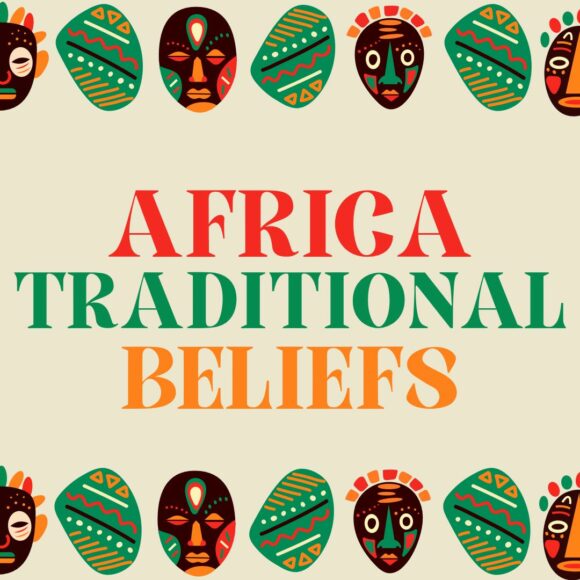
by Antonio Napoli
As Timeo had explained to me, Plato believed that the sensible world was made up of imperfect images of the true Forms, which exist separately from the material order. Only the soul that has risen through philosophical knowledge can contemplate beauty in itself, authentic and pure, “not embodied in human flesh, nor in colors, nor in any other mortal emptiness.”
While in the libraries, the vain chatter of philosophers dissolved lightly like steam, on the land we were crossing, the imposing masses of knights and foot soldiers had sunk into the dust and blood, in a whirlwind of events, also vanished like volatile particles. The theater of my ear was too narrow to welcome the terrifying echo of battles, which had sown a field of dead bodies and a desert of hopes. Sometimes, I would curse, as in this case, the power of the book, which was so unsustainable.
It was not the contrast between the ethereal and the earthly, between words and flesh, between thought and death, that occupied the mind of my friend. He sensed — with that shiver that one experiences when the soul stirs in the tomb of the body, as the Platonists say — he sensed the encounter with a woman’s beauty.
Thus, when we entered the realm of Massinissa, in one of his bustling cities, and found ourselves immersed in a feverish back-and-forth of men, animals, and goods, Speusippus slowed his pace, as if fearing that the anticipated vision might reveal itself and slip away. The sun beat down on the purple tents of the market, where camels, goats, seeds, gold and silver wares were sold. And also slaves and slave girls.
The old Carthaginian had left us money for our needs. While I bargained for the purchase of a second camel, Speusippus had wandered off towards a stall with fabrics. The voices of the market overlapped, confused, but at one point, I clearly heard a merchant proclaim: “With this woman, I offer you beauty, kindness… and also culture!”
A small group of men stared at a slave girl beside them, her gaze splendid but downcast, her arms hanging at her perfect hips. I approached: the seller was asking an exorbitant price. Shortly after, behind me, I found Speusippus with a pale face, as if he had seen what he was looking for.
I was dazed by the many memories that murmured in my mind amidst the chaos of that market, and did not notice his actions. Otherwise, I would have torn him away from the enchantment of that woman, humiliated by the disgraceful trade of bodies and money. I don’t know how, but Speusippus saved the woman from the humiliating barter of bodies and money, and, accompanied by her, he led me to the camel seller to finalize the purchase.
“We are three now, and we need two camels,” he said, with a slight, almost mocking smile on his sunburned lips.
The woman did not speak. Perhaps she was mute, or perhaps — as often happens to those who have suffered too much — she had stopped trusting in words. In her eyes, a silent, inaccessible pain, like an enigma carved in stone.
“Have you forgotten why we left?” I asked Speusippus, my voice rasped from exhaustion after we had left the noise of the market behind.
“I’ve only returned freedom to a woman born in a city that knew pride and light,” he answered without turning.
“But you don’t even know who she is!” I shouted. “She could be anyone!”
Yet he remained silent, like one who has already chosen which side to stand on in the fate of others: the most suffering ones.
We had dismounted the camels to cool off in the shade.
“Which direction are we going?” I asked.
“The one that will take us home!” Speusippus replied triumphantly.
I no longer recognized my friend. I stared at him as one stares at someone who has grown up among people accustomed to joking and mocking the world. He had fallen in love with that woman, whom perhaps his eyes saw as beauty itself, to the point of confusing the euphoria of infatuation with the hope that from now on, everything would go in the right direction.
“I’m serious. The plan was to reach Massinissa’s court,” I reminded him firmly.
At my words, the woman flinched. If until that moment she had followed us docilely, now an unexpected anguish painted her face, as if she had suddenly found a reason to flee.
“Damn it! She’s running away!” Speusippus exclaimed.
“Let her go! Didn’t you redeem her from slavery? And then, how did you manage it?”
But Speusippus had already sprinted after her, until he shouted: “We’re taking you to your son Jabir… to Hasdrubal!”
The woman stopped. She turned slowly, with the silent tears of a mother who, in the midst of pain, glimpses an unexpected hope.
“Don’t tell me she’s Jabir’s mother… How can you be sure? I, beside her, feel nothing. No familiarity. No memory. How is that possible? Is it even believable, such a blatant fortune in finding her?”
Yet, the woman had turned back. She must have trusted us: at that moment, we were the only secure link between her and the dear name we had restored to her.
“I trust my dreams,” said Speusippus. “From the moment I saw her, every other shadow disappeared: my heart, thirsting for justice for Jabir, has found its light.”
“Come on, speak,” I said to the woman. “Do you confirm that you are Jabir’s mother?”
She nodded.
“A desperate woman is capable of lying,” I commented cynically. “And then, didn’t her father tell us she was mute… I understand the merchant keeping silent about this flaw, but what reason did a father have? By the way, how did you manage to free the slave? You didn’t have any money on you… and then that enormous sum!”
“You know that in Alexandria, any price would be paid for such a rare book… Merchants seek books, the ships are packed with books…”
The surprise and anger were such that I yanked the camel’s reins so hard that it let out a lament.
“And now, what do we do without the Book of Memory?”
“We must trust in our abilities,” replied Speusippus. “And besides, that book brings no benefits without causing us trouble.”
He was right about that. After all, just as there is no sage who can answer all the riddles, there is no book that can be useful in all situations. Uncertainty reigns supreme over human affairs, and, as Plato teaches us, men and women move among imperfect copies of models, which makes appearances, conclusions of reasoning, and the very stability of beliefs even more uncertain. Thus, every certainty seems to slip away, like a mirage that dissolves as soon as it is grasped.
We retraced our steps, and it took longer than expected, as the voices of raiders forced us to divert several times for greater safety. Finally, we arrived home. It was there that the woman dismounted from the camel, and, perhaps moved by great emotion, she found her voice and began to shout: “I am Ishara. Jabir! Giscone! (that’s what the old man was called). My son, my father! Where are you?”
Every step we took through the various rooms echoed like a call, but there was no answer, only an emptiness that grew with every movement. The house was silent, empty, and abandoned.
